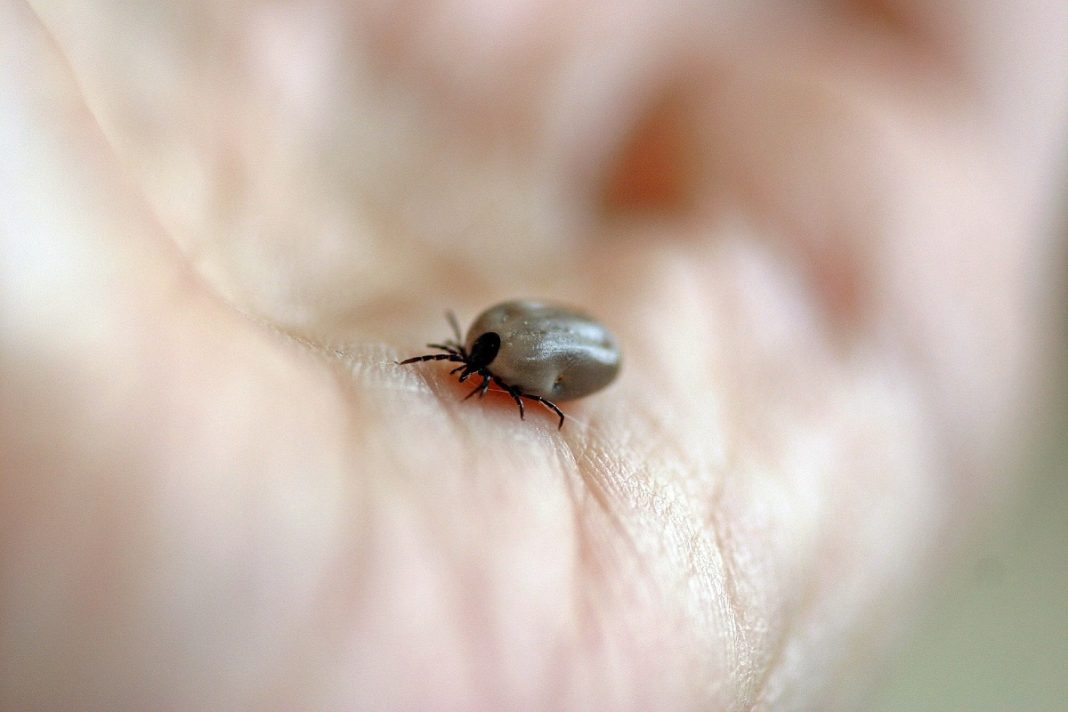Amin Assadi, a senior official with the Iran Veterinary Organization, said on Saturday that two out of the 30 individuals who contracted the virus had lost their lives so far.
The CCHF virus is typically spread by tick bites or close contact with the blood, secretions, organs or other bodily fluids of infected persons or animals.
Farmers and those who work in slaughterhouses face a higher risk of the infection.
The Iranian official urged livestock breeders to get rid of ticks by spraying pesticides in their farm, among other methods of disinfection.
Symptoms of CCHF may include fever, muscle pains, headache, vomiting, diarrhea, and bleeding into the skin. Complications may include liver failure.
In those who survive, recovery generally occurs around two weeks after onset.
